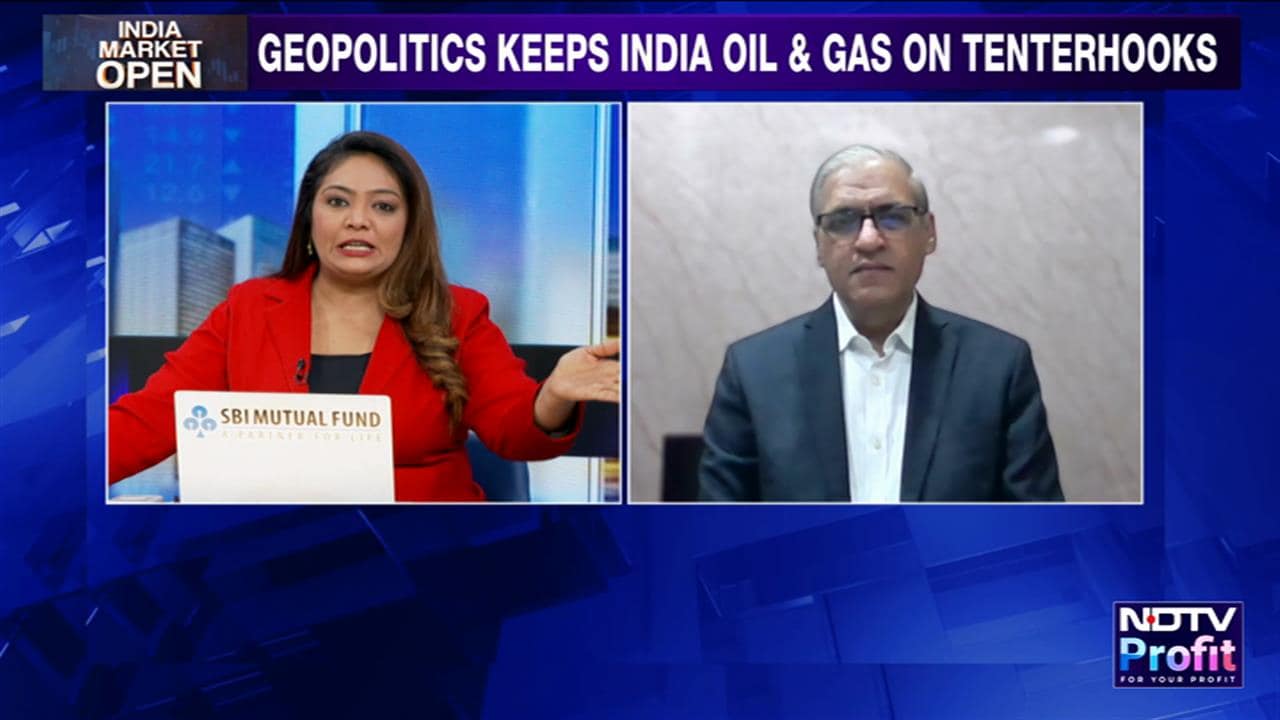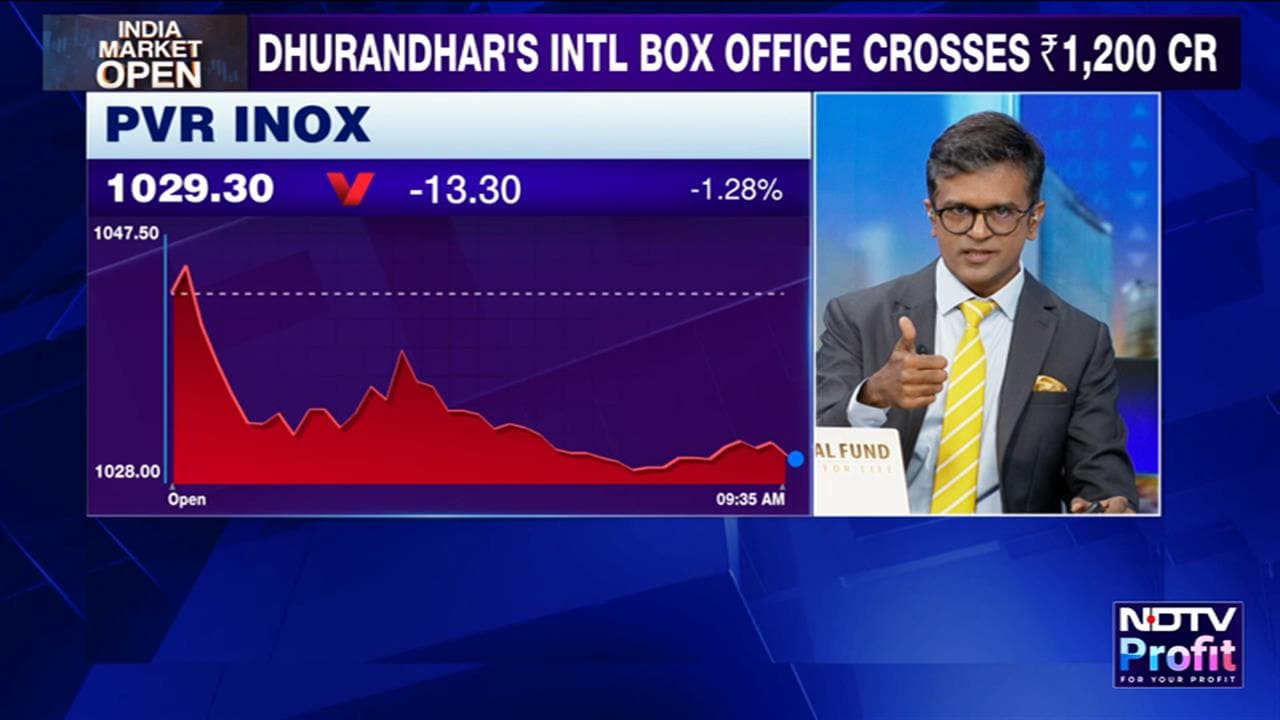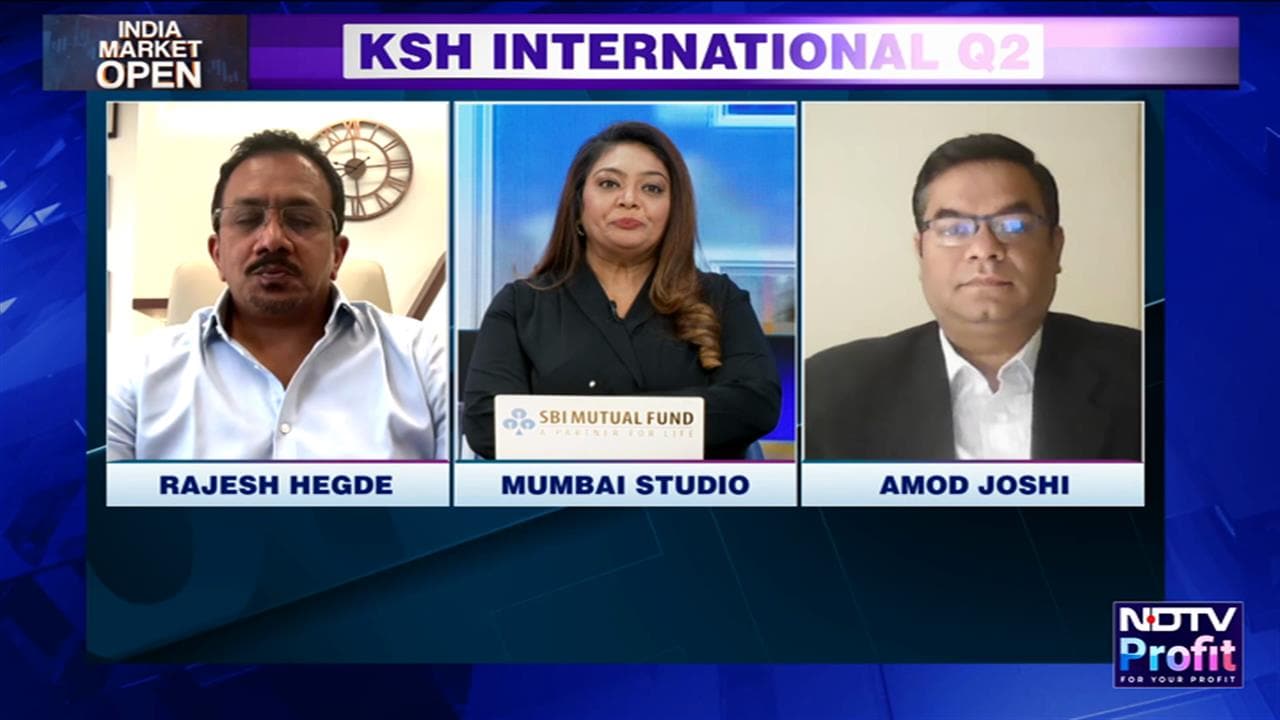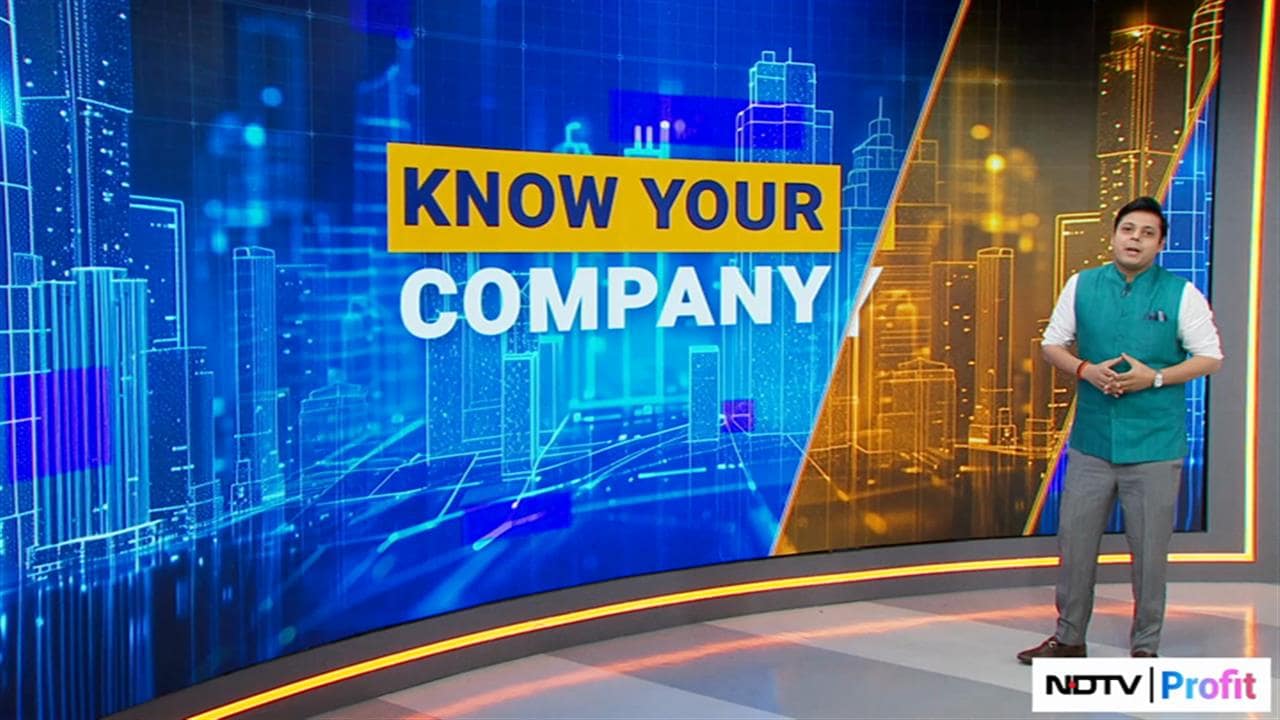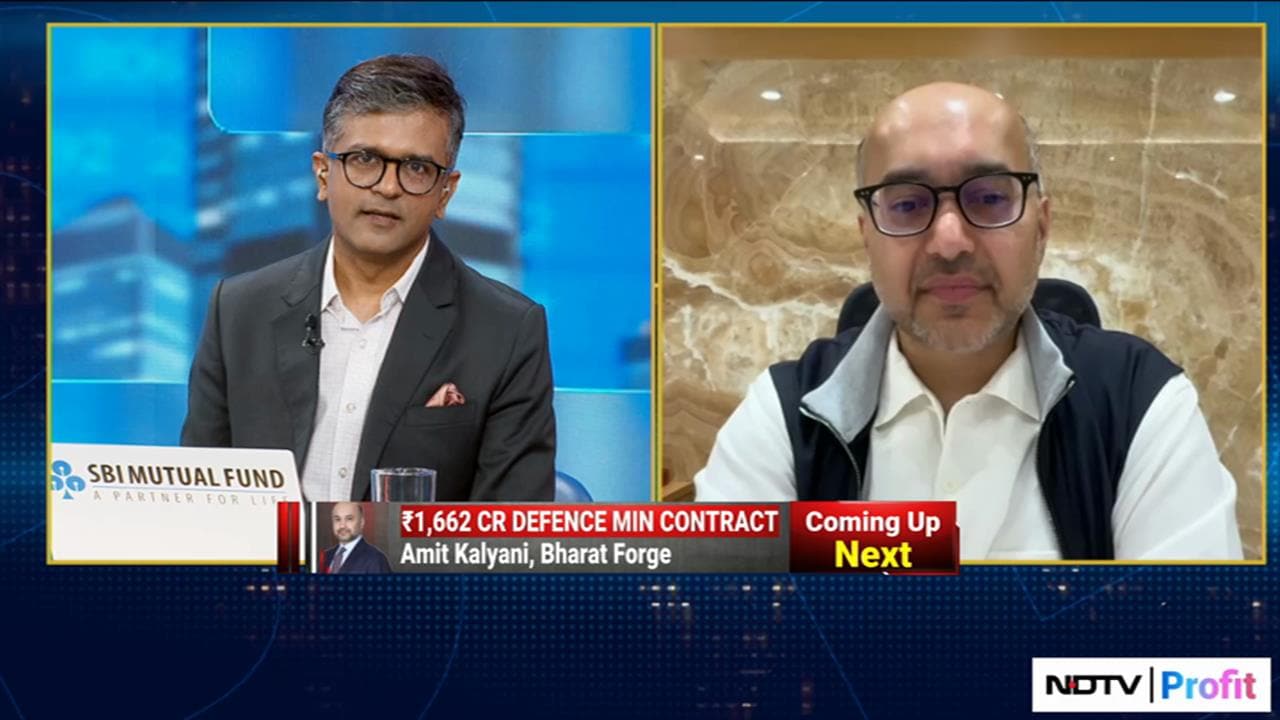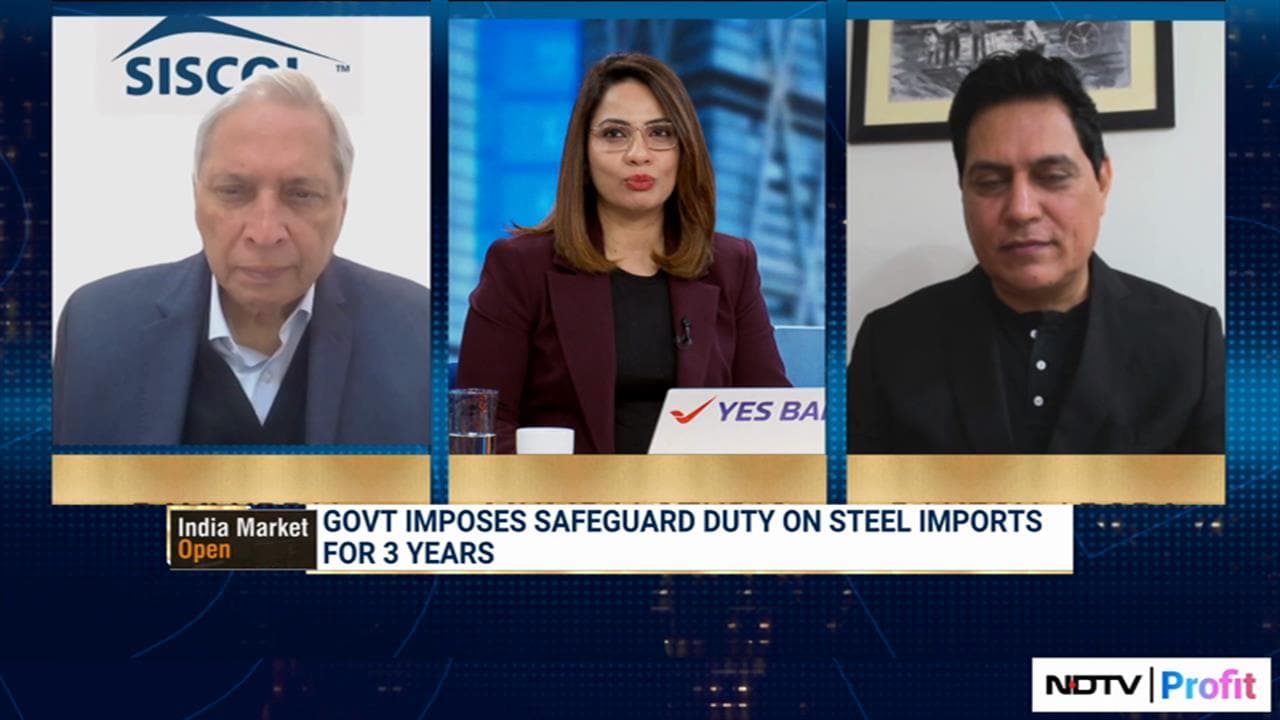
- European Union plans sanctions on six Russian banks and energy firms to pressure Putin
- New measures may target Russian payment systems, crypto exchanges, and oil trade
- EU aims to coordinate sanctions with US; officials to meet Washington this week
The European Union is exploring new sanctions on about half a dozen Russian banks and energy companies as part of its latest round of measures to pressure President Vladimir Putin to end the war against Ukraine.
The package, which would be the bloc's 19th since Moscow's full-scale invasion in 2022, could also see the EU target Russia's payment and credit card systems, crypto exchanges as well as further restrictions on the country's oil trade, according to people familiar with the matter.
The bloc is hoping to coordinate some of its latest measures with the US, said the people, who spoke on the condition of anonymity to discuss private deliberations. A delegation of EU officials will be traveling to Washington this week to meet US counterparts and discuss the potential for joint action.
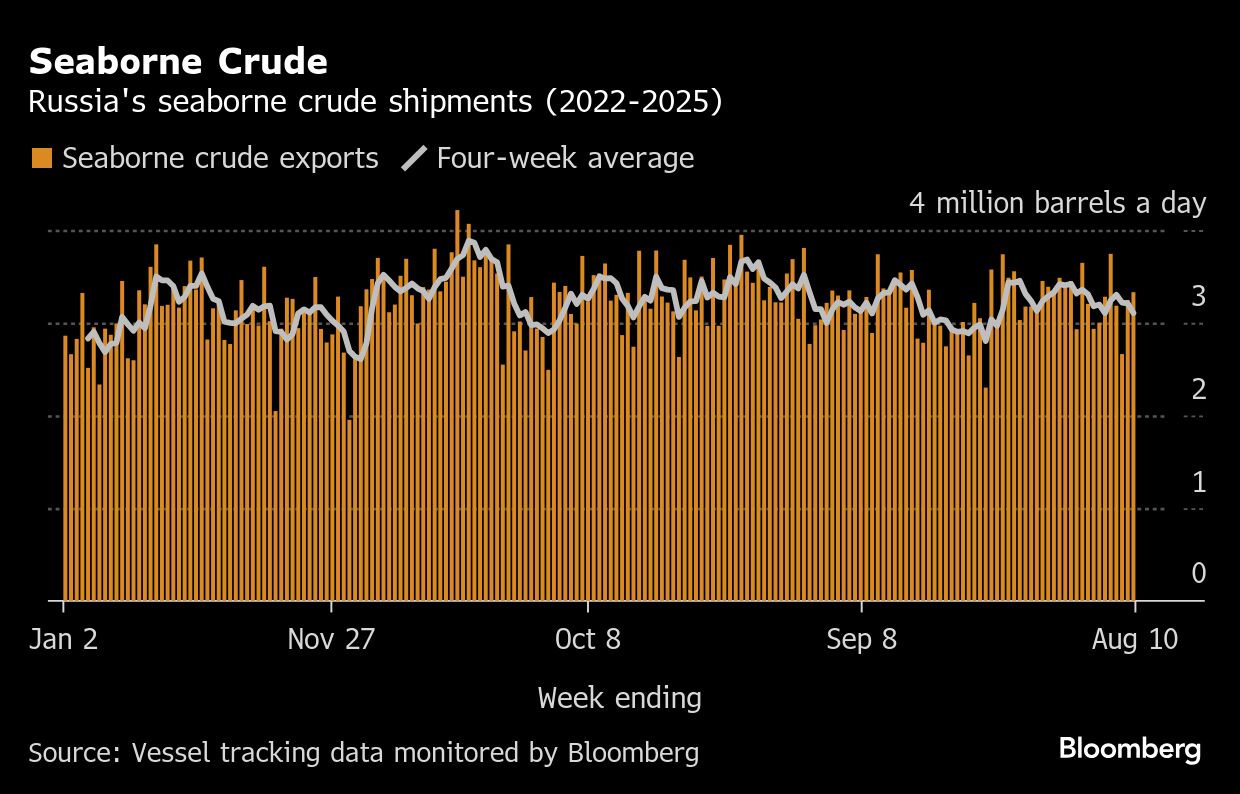
“We are prepared to increase pressure on Russia, but we need our partners in Europe to follow,” Treasury Secretary Scott Bessent said in an interview on NBC's Meet the Press on Sunday.
The US and Europe are discussing new sanctions and secondary tariffs on Russia, hoping that a Russian economic “collapse” will bring Putin to peace talks with Ukraine, he added.
US President Donald Trump has so far refrained from imposing direct sanctions on Russia, despite skating through several self-imposed deadlines and Putin's continued reluctance to negotiate an end to the war. Trump has, however, doubled tariffs on India to 50% over its continued purchase of Russian oil.
Moscow is already under crippling sanctions from both the US and Europe, but has been able to skirt some of their impact by sourcing restricted items from China and other third countries, as well as finding customers for its oil and gas in India and elsewhere.
In addition to further levies on buyers of Russian oil, the US has been weighing sanctions on Moscow's covert fleet of oil tankers and energy firms Rosneft PJSC and Lukoil PJSC as part of a menu of potential options, Bloomberg previously reported.
The EU's latest package of restrictions would see the bloc add to its sanctions on Russia's shadow vessels, on oil traders in third countries and could introduce a ban on re-insuring listed tankers, the people said.
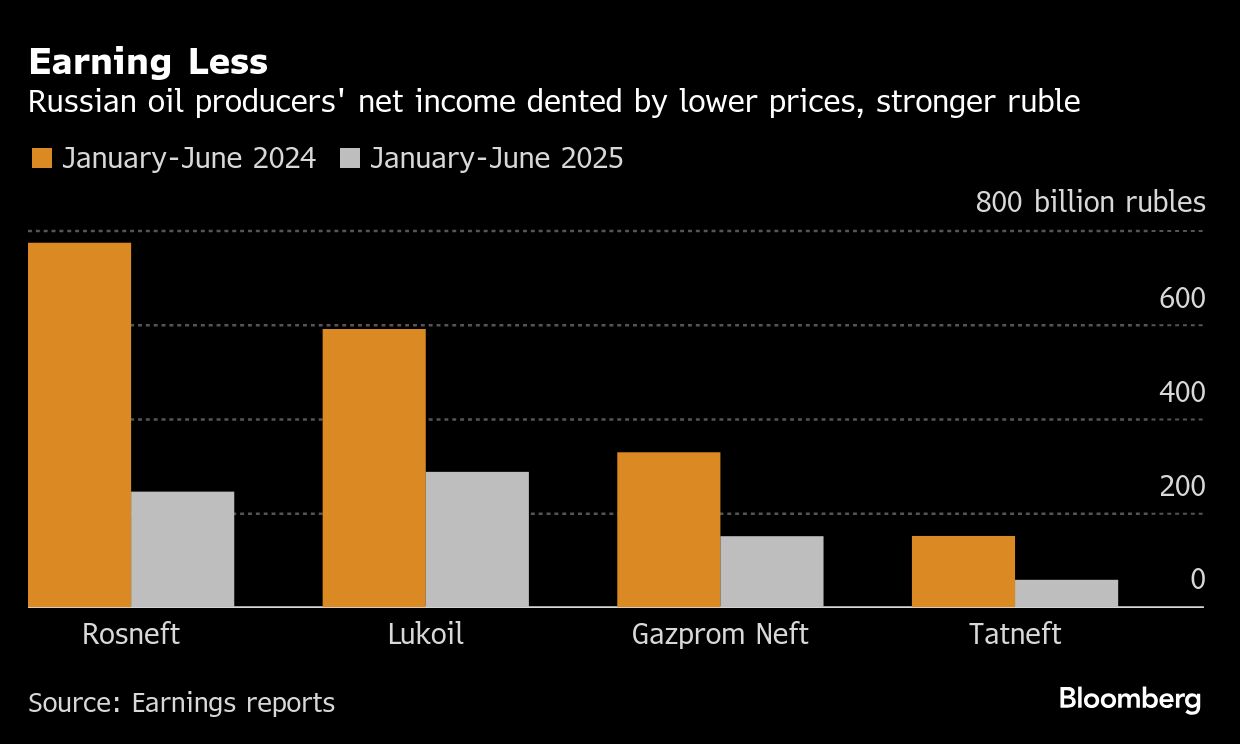
The EU is also considering tighter sanctions on major Russian oil companies by removing current carve-outs some like Rosneft now enjoy. It's also weighing export bans on more goods and chemicals used by Moscow's military industry and trade restrictions on foreign firms, including in China, that supply those items.
Beijing especially has become a key supplier to Russia's military, in particular enabling Moscow to scale up the production of drones used to target Ukraine's cities.
Separately, the EU is weighing the possibility of deploying its “anti-circumvention tool” for the first time against Kazakhstan, the people said. That would see the country banned from importing a specific set of machines that according to the bloc's trade data are still being diverted to Russia in high volumes where they're used in the production of weapons, the people said.
They cautioned that use of the tool required extensive evidence and like all EU sanctions needs the backing of member states. The EU's proposed package of sanctions could change as it's discussed with the bloc's capitals in the coming days and weeks.
Other measures under consideration include restrictions on visas, on ports that deal with sanctioned shadow vessels and sanctions on services such as artificial intelligence that have military implications, the people added.
EU ambassadors were briefed on the proposed package over the weekend and it's expected to be formally proposed in the coming days.
Watch LIVE TV, Get Stock Market Updates, Top Business, IPO and Latest News on NDTV Profit.









